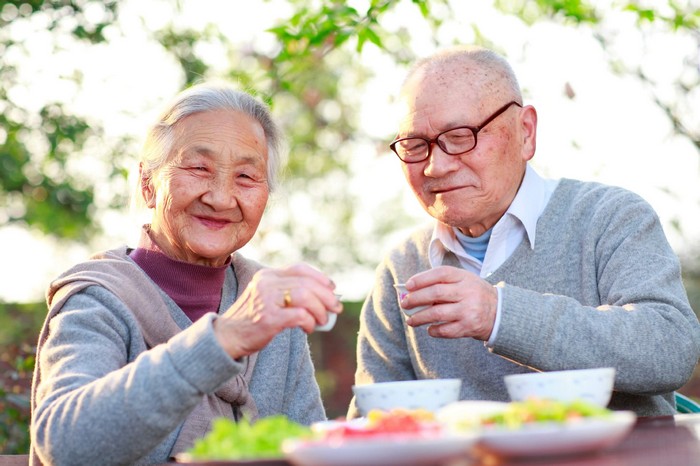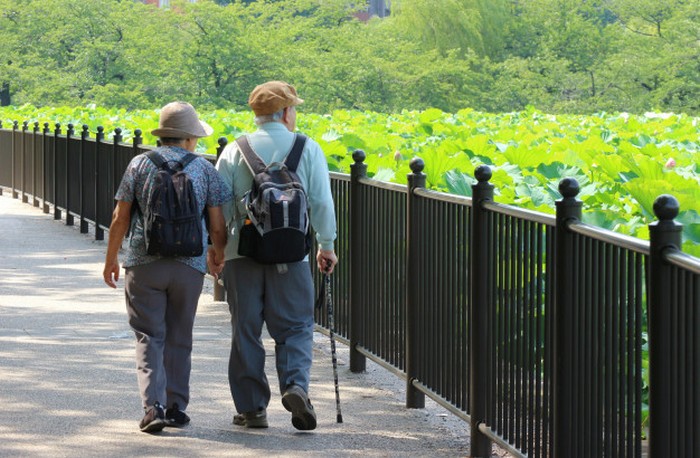The Japanese are famous for their cleanliness, organization, intelligence, longevity, technology, and many other qualities. They have one of the highest life expectancies globally - around 85.3 years, and this is due to the healthy habits they adopt in their lives.
See below some longevity secrets that the Japanese have, and we should mirror us to live better.
Traditions include spending many years with the family.
The Japanese highly value the tradition of caring for older family members and helping out at home. There are multigenerational families in Japan, which means that hhe same home can accommodate two or more generations.
Read also: Japanese Gardening: Techniques to Apply at Home.
Having the whole family around can do a lot for the elderly.

Ikigai: motivation reason for living
Ikigai in Japan means "reason to live." It is a concept of having a purpose in life born in Japan and becoming popular in various parts of the world.
It means dedicating yourself to the things you like and having a sense of accomplishment and satisfaction. Some studies indicate that people who practice ikigai may have a lower risk of cardiovascular disease and live longer.

“Hara Hachi bu” method to avoid binge eating
Hara Hachi Bu is a method that induces people to eat only 80% of what they would eat and not until they are full. In other words, “Eat until 8 parts (out of 10) are full”. This method prevents people from overeating and can increase life expectancy by limiting calorie intake.

The typical Japanese diet is healthy and balanced.
The Japanese usually eat grains and vegetables and do not consume as much red meat as other countries. Compared to fish, red meat has a lot more cholesterol, which increases a person's chance of having heart disease and stroke.
Japanese people also don't usually eat dairy products (which can contribute to heart disease, diabetes, and Alzheimer's) and drink a lot of green tea rich in antioxidants.

Japanese people like to walk
Japanese people usually walk, cycle, and use the subway to go to work. They are not so used to using a car because the subway there works very well. These habits prevent a sedentary lifestyle and, consequently, several diseases.

An example of hygiene
Also read: 12 Asian Tricks that we Could Adopt in Our Lives
Japan is regarded as one of the world's "cleanest" countries, and cleanliness is linked to health. Many diseases can arise from poor hygiene, and Japan is an example of staying clean and avoiding diseases.

Adapted and translated by The Cop Cart Staff
Sources: Tudointeressante







